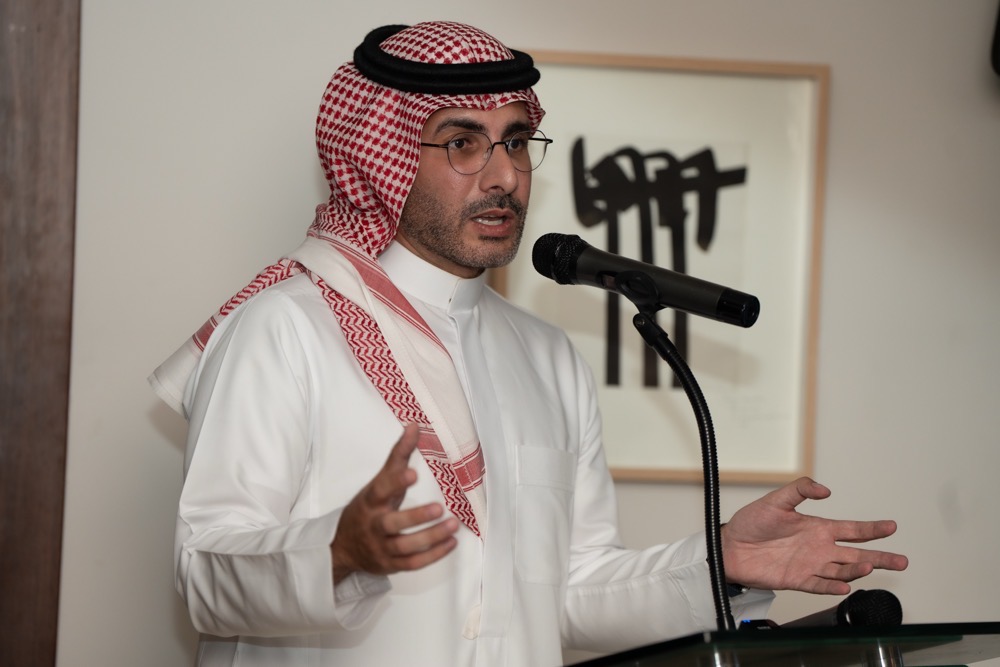CAIRO: There once was a time when an Egyptian would open Facebook or Instagram and most of the content they saw would be Muslim Brotherhood-related. Today, however, this is far from the reality.
Since their fall in 2013, the Muslim Brotherhood have failed to dominate the online narrative despite their repeated calls for protest. A decade on from the Arab Spring that saw social media networks act as mobilization mechanisms, why is social media in general, and Facebook in particular, now no longer a potential trigger for revolution in Egypt?
Although around half of Egyptians are active on social media, they lean toward trends far from those of the Muslim Brotherhood’s and in contrast to what was dominating social networks in 2011.
Since then, Muslim Brotherhood loyalists have made significant efforts to take advantage of Egyptians’ heavy use of social media. They take advantage of any local crisis and use it as a Trojan horse for their demands, and as has been seen many times in the fake videos aired by Al Jazeera and other pro-Muslim Brotherhood bias as recent as Sept. 2020.
At the outset, it can be claimed that the Muslim Brotherhood are suffering their deepest crisis since their establishment in 1928 due to their fall in June 2013.
This crisis is incarnated in the popular political fall of the brotherhood, with both Tunisia and Egypt having thwarted their efforts to have any political or social role in the future. Popular opinion and secular forces have shown little sympathy for them.
Similar to Tunisia was the Egyptian case. Despite their massive media machine, sleeper cells, and media platforms and outlets that work in support of their agenda, the Muslim Brotherhood did not succeed in regaining their presence or maintaining their influence on Egyptian society. In addition, they lost their power to mobilize masses or stir up uprisings as they used to in the past at the height of the Arab Spring.
According to political expert and Egypt’s former consul general in Riyadh, Fawzi Ashmawy, the main space for action and expression for Egyptians, which is social media, has expanded. He notes that this is due to the decline of party and political mobility and performance on the one hand and the partial lifting of civil society restrictions and other laws as part of the country’s official National Human Rights Strategy which launched earlier this month.
In Jan. 2021, Egypt’s population amounted to approximately 103.3 million, an increase of 1.9 million people over January of last year. The number of internet users, however, reached 59.9 million with an increase of 4.9 million more than in Jan. 2020 — a rise that exceeded the increase in the population, according to a number of official sources.
Among these internet users, 49 million are regular consumers of social media as of Jan. 2021, an increase of 7 million over 2020, or 17 percent over the previous year, highlighting how the increase in social media users is rapidly higher than that of the population.
Social media is a real, albeit virtual, avenue where Egyptian public opinion develops. It is a major platform that allows people to express critical views, pains and interactions not only locally but also on regional and international events directly and indirectly affecting them.
For the first time in history, the Muslim Brotherhood had come to power in free elections in 2012 through Mohammed Morsi, the group’s first president, complete with dominance over the country’s Parliament and civil unions.
Instead of implementing their alleged 100-day program — known as the Muslim Brotherhood’s Nahda presidential program — that tackled everyday issues of fuel, food, security and traffic, the group usurped all authorities to solidify its grip on power in Egypt which led him to be late in forming a cabinet.
This discredited the principles of the group and fuelled public resentment against it. Both the Muslim Brotherhood’s discourse and their two-faced strategy in addressing citizens’ demands have led to a rise in public fury against them. Thus, these are the reasons why the Muslim Brotherhood have lost their power on social media:
First: Egypt’s nationwide stability
Egyptians’ stances on social media are balanced between supporting and being critical of their government, especially with regard to the cost of living through basic services such as groceries, fuel and electricity. However, Egyptians do not hesitate to praise and support what they see as positive steps in building and attracting investment.
According to a Reuters survey, Egypt’s economy is predicted to grow 5 percent in the fiscal year that ends in June next year, unchanged from analysts’ expectations in a similar poll six months ago and slightly below the government's target of 5.4 percent. In addition to that, the gross domestic product of the Arab world's most populous country was seen growing 5.5 percent in the fiscal year ending June 30, 2023.
Second: A distinction between Islam and Islamists
While Egyptians are widely known for their religious and conservative nature that includes reservations about any online confrontation to what they see as sacred or religious, they mostly differentiate between Islam and Islamists as well as religion and extremism.
Although myriad Islamist groups attempt to implement any call to renew religious discourse and skew any critique of the religious history to their favor, they could not achieve their goals due to Egyptians’ reluctance to repeat their previous experience under Morsi’s rule.
Such an experiment intimidated everyday civil peace and destabilized the well-established Egyptian identity, an identity that finds no discrepancy between religion and race. It is the same identity that is averse to relegating the homeland “Egypt” and promoting the concept of an Islamic nation or the Islamic caliphate over it. This is clear every September, when the Muslim Brotherhood’s media platforms call for protest and demonstrations but always fail to attract a significant following.
In addition to that, the counter and critical discourse against Islamist groups’ ideology, arguments and foundational notions has been active, heated and alive, thanks to the information revolution and digital outlets. Egyptians are now able to read and become aware of the critique of fundamentalism and the differentiation between Islam, Islamists and Islamic history.
Third: The stagnation and hostility of the discourse
By continuously classifying the Egyptian state as takfiri (apostate) and maintaining a discriminatory tone against Christian minorities and secular civil society groups, the Muslim Brotherhood’s narrative has become dormant and stagnant in communicating with current changes occurring within the evolving Egyptian society.
The clearest example of this comes from Wagdy Ghoneim, a Muslim Brotherhood preacher who was barred from entering Tunisia in 2019 after his description of Tunisian former President Beji Caid Essebsi as an “apostate” who had been fighting against god and Islam.
In many Egyptians’ understanding, the experience under the rule of the Muslim Brotherhood in 2013 remains the biggest reason for citizens’ fear of their return, or of responding to their call for mobilization and demonstrations once again.
Fourth: The weight of experience: Egypt from a Pan-Arab perspective
Security, order and stability are the three basic demands of Egyptians and are at the core of their conversations on social media platforms. Critical voices are expressed through the framework of the state that maintains order and security, and Egyptians take into serious consideration next-door models of failed states along with the rise Islamist groups in neighboring countries or other countries in the region.
Also playing an important role is Egypt’s diplomatic role in the region as citizens praise their government because of its regional active role in the conflict between Palestine and Israel, in Iraq and toward Libya, in its strong ties with the Gulf countries, and in their strategic efforts to halt any chance for a return of extremists to the country. This would not have been possible through a Muslim Brotherhood-led government or through an online narrative dominated by the group.































